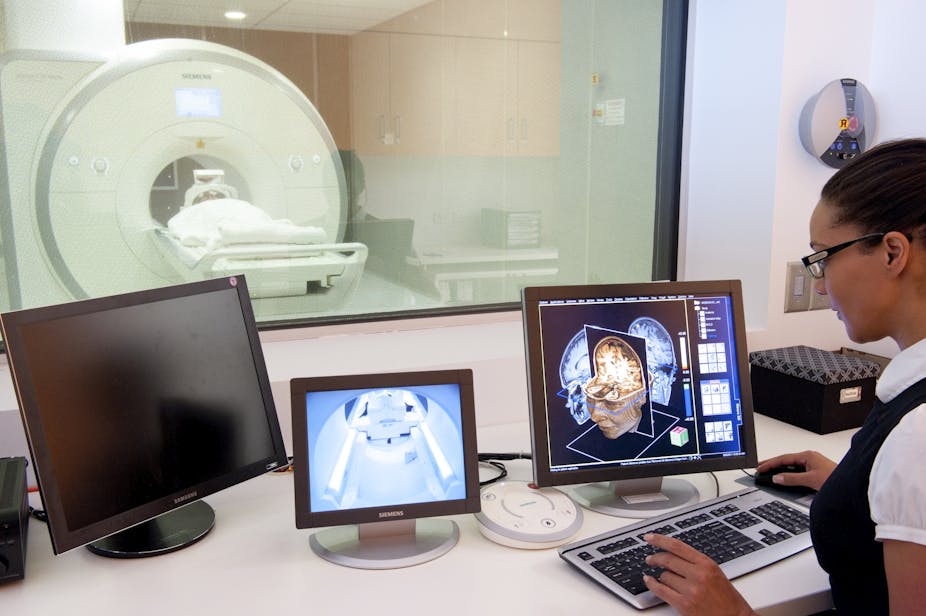The discovery of a molecule that appears to regulate memory and learning in the brain could pave the way for treatments of early dementia, scientists at the University of Queensland’s Brain Institute (QBI) said.
The breakthrough came after scientists at the institute found exercise by mice prompted the molecule fractalkine to activate neural precursor cells in the hippocampus – the brain structure responsible for specific types of learning and memory.
“While we already knew that exercise increases the production of new nerve cells in the hippocampus in young mice and even aged mice, this study found that it is the molecule fractalkine that appears to be specifically mediating this effect,” said Perry Bartlett, a Professor of Neuroscience and the Director of QBI.
The discovery is published in The Journal of Neuroscience today.
“Ageing slows the production of new nerve cells, reducing the brain’s ability to form new memories,” said Jana Vokovic, who performed the work in the laboratory of Professor Bartlett.
“But our research shows for the first time that the brain cells usually responsible for mediating immunity, microglia, have an inhibitory effect on memory during ageing.”
The team set out to see if fractalkine could reverse this process by activating dormant neural precursors and helping to produce neurons.
“What we saw was quite remarkable,” Dr Vukovic said. “There was a significant increase in the number of activated neural precursors which gives us reason to believe fractalkine is important for initiating the first step in the production process that gives rise to new neurons – the activation of the neural precursor cells.”
“Once the cells are activated they can respond to signals that instruct them to divide and produce new cells, and as such develop new memories and learning. This means that fractalkine may indeed present a potential pathway for development of future therapies,” she said.
The discovery was exciting because it found that older animals suffering cognitive decline showed much lower levels of fractalkine, she said.
By mimicking the production of fractalkine, scientists might be able to delay or repair the onset of dementia in elderly patients by creating new neuron cells without the need for exercise.
Until relatively recently, it was thought the adult brain was incapable of generating new neurons, Dr Vukovic said.
“But work from Professor Bartlett’s laboratory over the past 20 years has demonstrated that the brains of adult animals, including humans, retain the ability to make new nerve cells,” she said.
“The challenge is to find out how to stimulate this production in the aged animal and human where production has slowed.”

